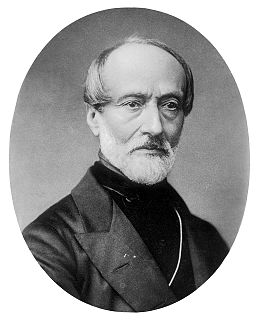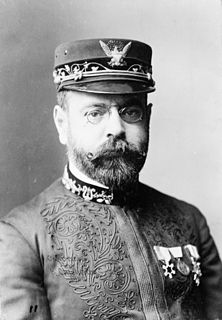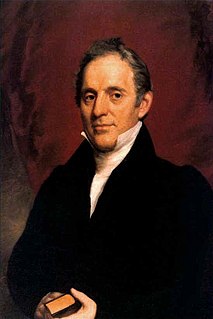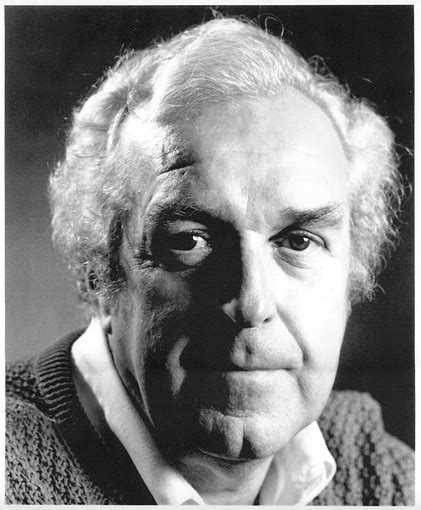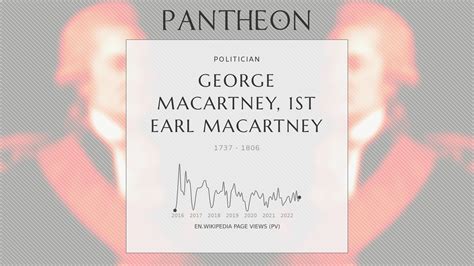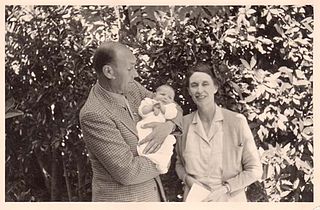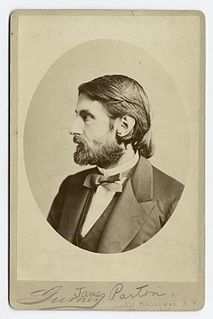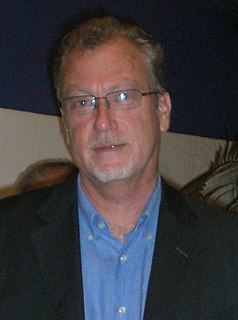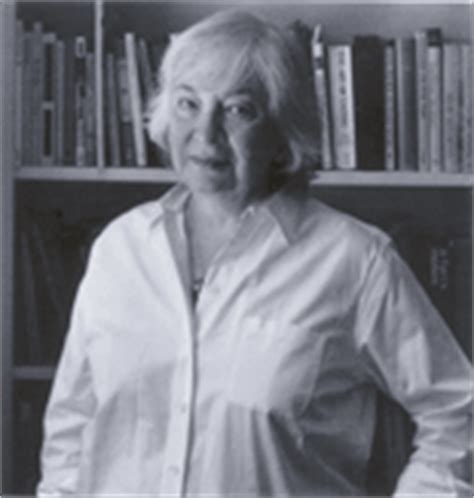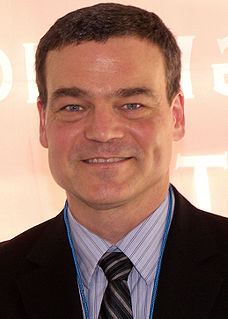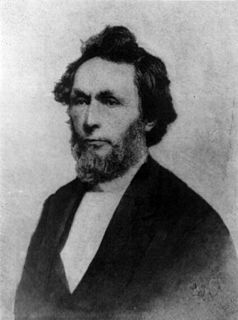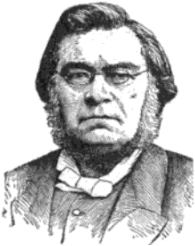A Quote by Lord David Cecil
The primary object of a student of literature is to be delighted. His duty is to enjoy himself, his efforts should be directed to developing his faculty of appreciation.
Quote Topics
Related Quotes
The great object of Education should be commensurate with the object of life. It should be a moral one; to teach self-trust: to inspire the youthful man with an interest in himself; with a curiosity touching his own nature; to acquaint him with the resources of his mind, and to teach him that there is all his strength.
The autonomous individual, striving to realize himself and prove his worth, has created all that is great in literature, art, music, science and technology. The autonomous individual, also, when he can neither realize himself nor justify his existence by his own efforts, is a breeding call of frustration, and the seed of the convulsions which shake our world to its foundations.
The child's conquest of independence begins with his first introduction to life. While he is developing, he perfects himself and overcomes every obstacle that he finds in his path. A vital force is active within him, and this guides his efforts towards their goal. It is a force called the 'horme', by Sir Percy Nunn.
The first responsibility of the Muslim is as teacher. That is his job, to teach. His first school, his first classroom is within the household. His first student is himself. He masters himself and then he begins to convey the knowledge that he has acquired to the family. The people who are closest to him.
We are citizens of an age, as well as of a State; and if it is held to be unseemly, or even inadmissible, for a man to cut himself off from the customs and manners of the circle in which he lives, why should it be less of a duty, in the choice of his activity, to submit his decision to the needs and the taste of his century?
He loved me. He'd loved me as long as he he'd known me! I hadn't loved him as long perhaps, but now I loved him equally well, or better. I loved his laugh, his handwriting, his steady gaze, his honorableness, his freckles, his appreciation of my jokes, his hands, his determination that I should know the worst of him. And, most of all, shameful though it might be, I loved his love for me.
The high-school English teacher will be fulfilling his responsibility if he furnishes the student a guided opportunity, through the best writing of the past, to come, in time, to an understanding of the best writing of the present. He will teach literature, not social studies or little lessons in democracy or the customs of many lands. And if the student finds that this is not to his taste? Well, that is regrettable. Most regrettable. His taste should not be consulted; it is being formed.
It is the duty of a prudent minister of God to hold his ministry in honor and to see to it that it is respected by those who are in his charge. Moreoever, it is the duty of a faithful minister not to exceed his powers and not to abuse his office in pride, but, rather, to administer it for the benefit of his subjects.










